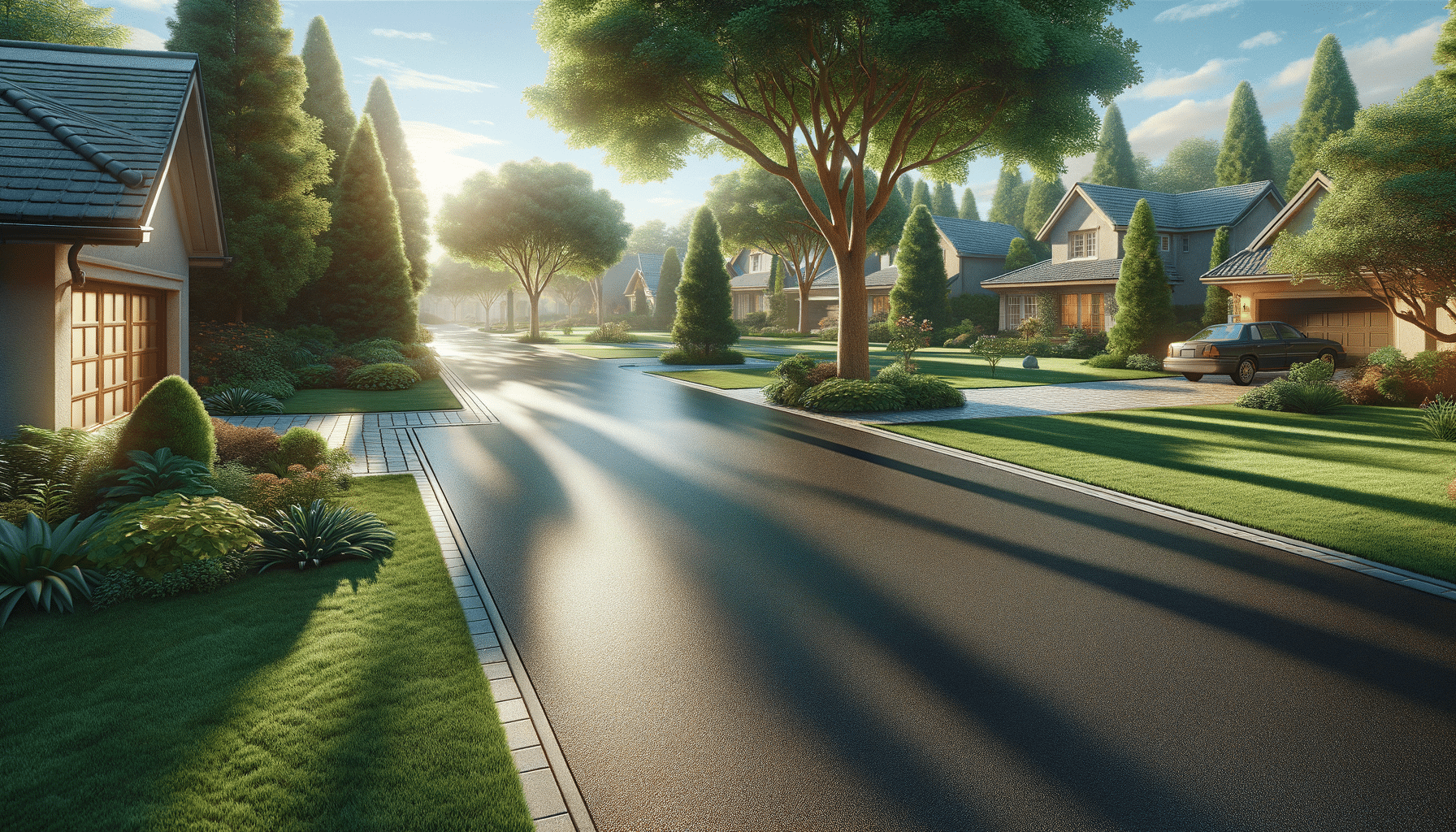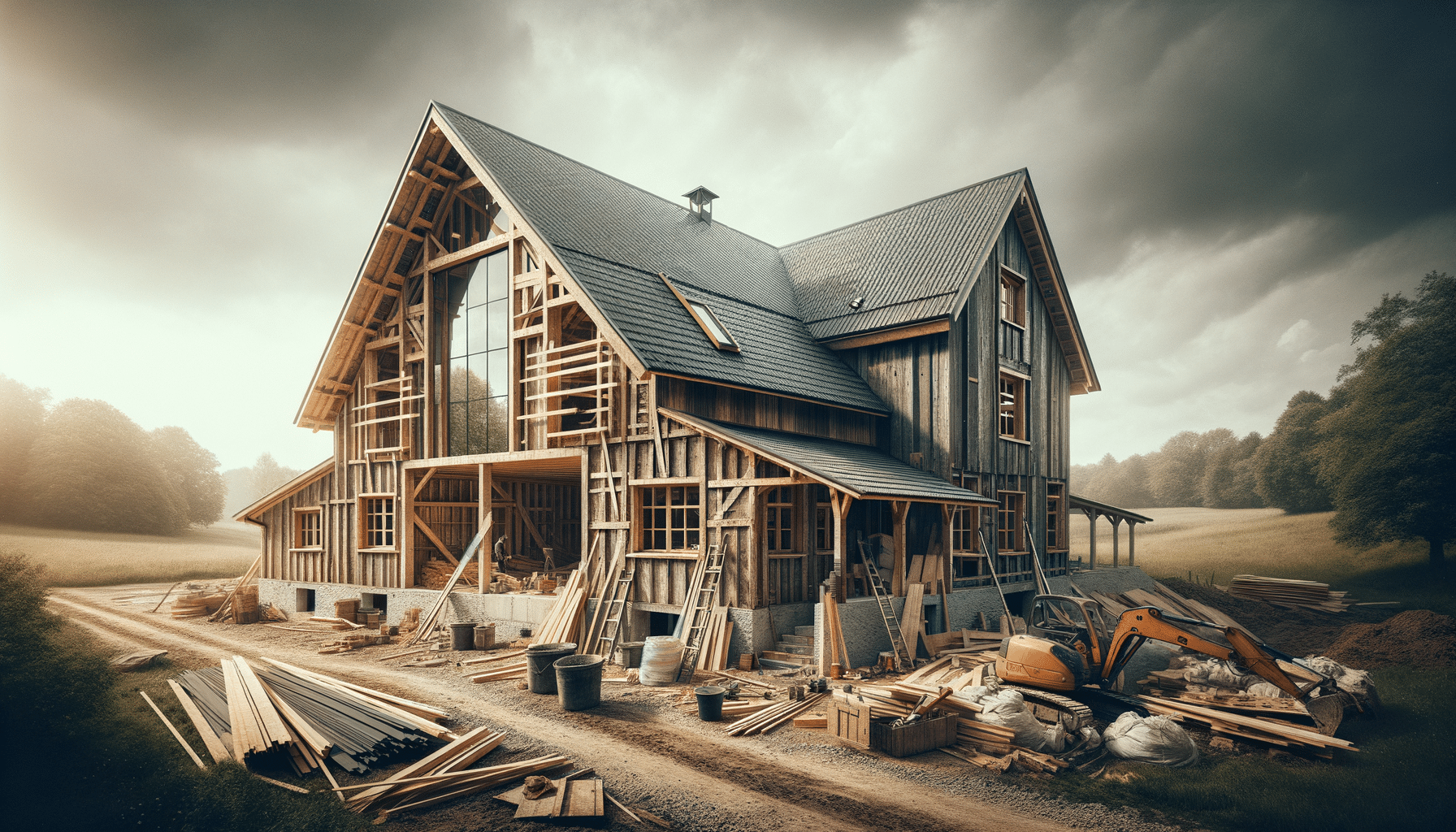
Estimating the Cost of Asphalt Driveway Replacement
Introduction to Asphalt Driveway Replacement Costs
Asphalt driveways are a popular choice for many homeowners due to their durability and aesthetic appeal. However, like any other part of a home, they require maintenance and eventual replacement. Understanding the costs associated with replacing an asphalt driveway is crucial for budgeting and planning. This article will guide you through the various factors affecting these costs, helping you make informed decisions for your home improvement project.
Factors Influencing Asphalt Driveway Replacement Costs
Several factors can influence the cost of replacing an asphalt driveway. The size of the driveway is one of the primary determinants, with larger areas requiring more materials and labor. Additionally, the geographic location plays a role, as prices for materials and labor can vary significantly from one region to another.
Another critical factor is the condition of the existing driveway. If the base layer is in good condition, it may only require resurfacing, which is less costly than a complete replacement. However, if there are significant cracks or drainage issues, a full replacement might be necessary.
Moreover, the type of asphalt used can also affect the cost. Standard asphalt is less expensive, but there are premium options available that offer enhanced durability and a more polished finish, which can increase the overall expense.
Estimating the Cost of Materials and Labor
The cost of materials and labor is a significant component of the total expense for asphalt driveway replacement. Typically, asphalt is priced per square foot, and the cost can range from $2 to $5 per square foot, depending on the quality of the material.
Labor costs are another consideration, often accounting for a substantial portion of the total price. Professional installation is recommended to ensure the driveway is laid correctly and to avoid future issues. Labor costs can vary, but they generally range from $5 to $10 per square foot.
Additional costs may include specialized equipment or additional services such as sealing or grading. It’s essential to obtain multiple quotes from contractors to compare prices and services offered.
Comparing Asphalt Replacement with Alternative Materials
When considering driveway replacement, it’s beneficial to compare asphalt with other materials to determine the best fit for your needs and budget. Concrete, for instance, is a popular alternative known for its longevity and low maintenance requirements. However, it tends to be more expensive upfront compared to asphalt.
Gravel is another option that is less costly but requires more frequent maintenance and is less suitable for areas with heavy snowfall or rainfall. Pavers offer an aesthetically pleasing alternative but come with a higher price tag due to the labor-intensive installation process.
Each material has its pros and cons, and the decision should be based on factors such as climate, budget, and personal preference.
Conclusion: Making an Informed Decision
Replacing an asphalt driveway is a significant investment, but it can greatly enhance the appearance and functionality of your property. By understanding the various factors influencing the cost, including materials, labor, and the condition of the existing driveway, homeowners can make informed decisions that align with their budget and needs.
It’s advisable to consult with professionals and obtain detailed estimates before proceeding. This ensures that all aspects of the project are considered and that the final result meets your expectations. With careful planning and consideration, an asphalt driveway replacement can be a worthwhile investment in your home.


